Interview: Haley Hunter Smith on Eating Disorder Recovery & Mental Health
Haley Hunter Smith is a top Canadian XC racer on the Norco Factory Team, a mental health advocate, and a strong contender for the 2021 Tokyo Olympics. Last week, she shared a post on Canada's Olympic website about her experiences with her mental health, and she regularly writes about the topic on her blog, where she shares reflections on her life as an athlete, adventure reports, and recipes. I reached out to hear more about her story.
 First, how are you doing now?
First, how are you doing now?
Right now, I feel like I’m doing pretty well. I’ve got my bad days, obviously, but my fuelling is back on track and my anxiety is under control. I’m sleeping more, have way more energy for training and life, and just generally feel that my baseline level of affect or emotion is higher than it’s been in a couple of years.
 Can you tell me about your relationship with mental health over the years?
Can you tell me about your relationship with mental health over the years?
This is a hard one to answer. I guess I would say… intimate? Mental health and illness have been part of my internal dialogue since I was 13. Growing up, I was always an anxious kid, and that anxiety ballooned out of control when I entered high school. Throughout that year, I developed a life-threatening eating disorder. The following decade saw me pick up mountain biking, learn to use positive coping mechanisms to manage my anxiety (as opposed to severely controlling and restricting my food, which had been my default response to anxiousness), and generally heal. I’ve had some major bumps, but overall I would say that I was doing well. The last 18 months have been a bit of a struggle for me, though. Even before the pandemic, I was feeling the resurgence of some out-of-control anxiety and then obviously the pandemic made that much worse. Last spring, I stopped sleeping, was experiencing nightly panic attacks, developed these uncontrollable jitters in my legs and feet, experienced a resurgence of my eating disorder. I won’t go into too much detail, but last year was very, very tough. The good thing is that I’ve gone through this before, and I know how to get through it now. So yeah, my relationship with mental health feels intimate, in that I’m very familiar with confronting these aspects of my well-being.
 How did you start mountain biking?
How did you start mountain biking?
I initially started because my dad and brother did it, and I just wanted to tag along. I couldn’t exactly tell you why I stuck with it initially, because I was literally always coming home frustrated, bleeding, and bruised but something in me was hooked. I guess it made me feel, for the hour or two I was there in the woods, that I didn’t have a mental illness. All that extra stuff just faded and my bike taught me to just be present.
My start in mountain biking was definitely helped along by the fact that I grew up a quick 15 minute bike ride from the Durham Forest trail network north of Toronto. It is this massive forest with really accessible XC trails for beginners, which gave me the opportunity to ride alone to and from the trails and begin to explore the sport with a really low barrier to entry.
 How did mountain biking change your relationship with yourself and your mental health?
How did mountain biking change your relationship with yourself and your mental health?
I guess I’ve already kind of mentioned this, but mountain biking literally saved my life. It gave me purpose, taught me how to focus on the moment (if you’re not present while mountain biking, you will very quickly end up on the ground), allowed me peaceful time in nature, taught me how to deal with nerves (which feel very similar physically to the symptoms I experience in an anxiety attack), and just generally gave me happiness. I have learned so much through my bike, both about myself and life in general.
 In your recent post on Olympic.ca, you mention flirting with the limits of your mental health to reach the top of the sport. Can you elaborate on that?
In your recent post on Olympic.ca, you mention flirting with the limits of your mental health to reach the top of the sport. Can you elaborate on that?
Yeah, definitely. First, I have a tendency to focus too hard, if that makes sense. I get so locked in on a goal that everything else in my life gets neglected. I tend to “grip too tight” as my sport psychologist puts it. And so for the qualification period leading into Tokyo, I was laser focused. I was riding the edge of what would be sustainable in the long run. I was training to the limit, was probably under-recovering a bit, and was definitely under-fuelling for the demands I was placing on my body. This meant that I was pretty volatile: I’d be super fast one at one World Cup, and struggle to summon any energy at the next one. I was very up and down, operating with little to no mental or physical reserves for additional challenges. And, well, you could say that the pandemic has been a pretty sizeable additional challenge.
 How did the rollercoaster that was 2020 affect your mental health?
How did the rollercoaster that was 2020 affect your mental health?
Being so close to that edge already, it’s no surprise that 2020 crushed me a bit. That, and the fact that the roots of my anxiety are in uncertainty and lack of control. I will say it plainly: by the end of the summer in 2020, it was clear that I was not well. I had relapsed with my eating disorder, was operating under an extreme level of anxiety, and to be blunt, couldn’t summon any interest in living. It was rough.
 Having an eating disorder is a really dark place to be. How did it feel to realize your mental illness wasn't in the past?
Having an eating disorder is a really dark place to be. How did it feel to realize your mental illness wasn't in the past?
Devastating, but maybe also freeing? I think once you realize that you’re in crisis, there’s a sense of relief, because things start to make a little more sense. Admitting or acknowledging that there’s an issue is the first step towards being able to heal from that issue, and so while it crushed me to admit that I was as sick as I was, it was also a real moment of clarity.
 How did you come back up from your low point in 2020?
How did you come back up from your low point in 2020?
Time, space, a lot of mental work, an incredibly supportive team of mental health and sport professionals, and the love and support of my family, coach, and team. My husband, Lespy, was there with me every single day.
 How prevalent are eating disorders and disordered eating among Elite XC racers?
How prevalent are eating disorders and disordered eating among Elite XC racers?
I can’t say exactly, because so many people deal with this in silence. I would say that disordered eating is extremely common. As for eating disorders, I’m not sure. There is an important distinction between the two. Someone with disordered eating habits likely has an unhealthy relationship with food, and maybe with their body, exercise, and/or attitudes towards health. Often, these behaviours and habits are associated with the pursuit of a higher level of performance. But an eating disorder is a clinically diagnosed illness that is of higher severity: it poses immense physical and mental risks and causes extreme difficulty in functioning in a daily environment. Diagnosable eating disorders are prevalent in the general population in the order of 1-3.5%. I don’t know what the rate within the world of cycling is, but it would be interesting to find out.
 What can the bike world do to improve the dialogue around mental health?
What can the bike world do to improve the dialogue around mental health?
Simple: just keep talking about it! Openness is key. Authenticity is key. Acceptance of others and their experiences is key. I truly believe that the more we talk about it, the more the discussion is normalized. This helps to reduce stigma and thus removes barriers people may face in seeking treatment, but it can also proactively help the community by encouraging people to learn to care for their mental health, and to make self-care strategies and resources more prevalent.
 How does it feel to be so open with your story?
How does it feel to be so open with your story?
Honestly, it feels pretty freeing. Every time I speak about it, I am met with such a high degree of support and encouragement. Talking about it openly helps remove a lot of weight from my shoulders.
 What advice would you give to someone else who is struggling with their mental health?
What advice would you give to someone else who is struggling with their mental health?
First, I would say that mental health issues or mental illness do not make you weak. They do not mean you’re less tough or resilient. Second, I would say that the best thing you can do is reach out. Mental illness is not something to be suffered alone or in silence, and there are real resources out there that can help you get better. You just have to take the first step, and extend a request for help.
 What are your goals for 2021?
What are your goals for 2021?
Definitely, I am aiming to be on the start line at the Olympics in Tokyo. But with one important caveat: I am aiming to be there as the healthiest version of myself. Health and happiness have to come first, full stop.
And no matter what the race schedule looks like, I hope to continue progressing along a path of improvement in 2021, with respect to both my riding and growth as a person.
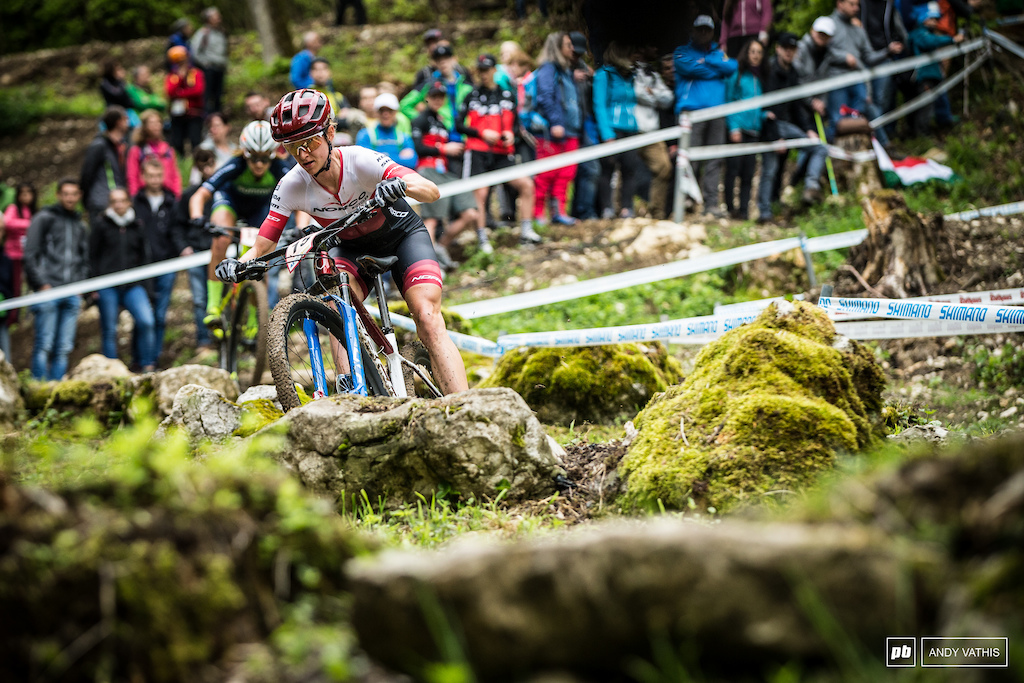
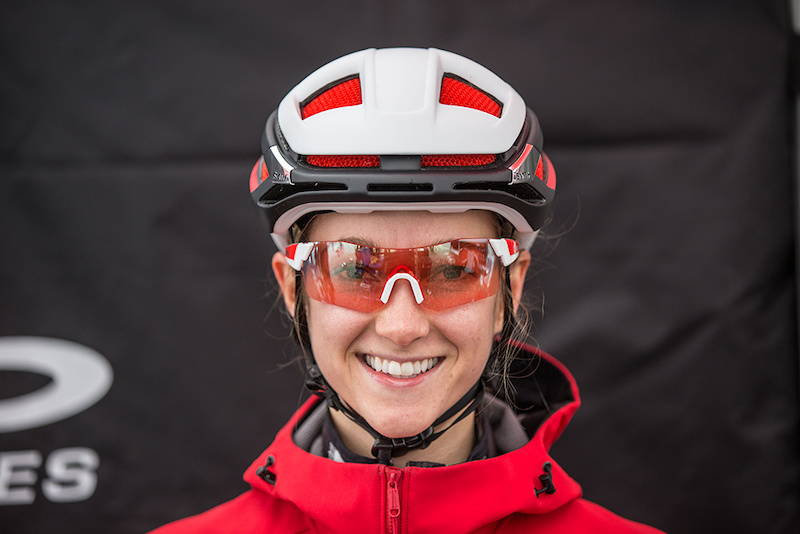
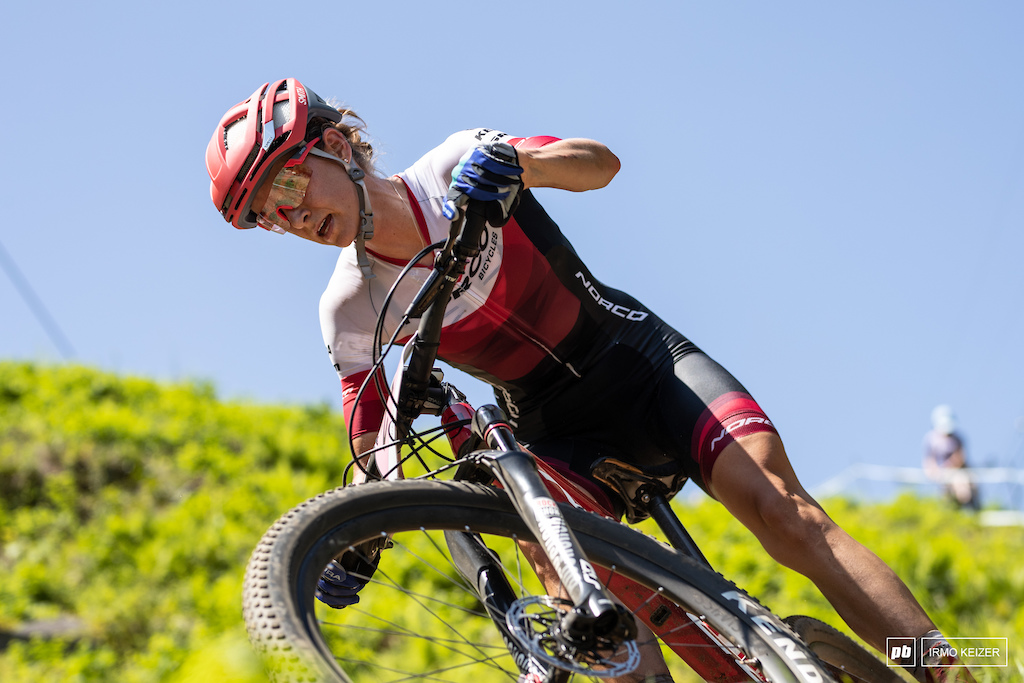
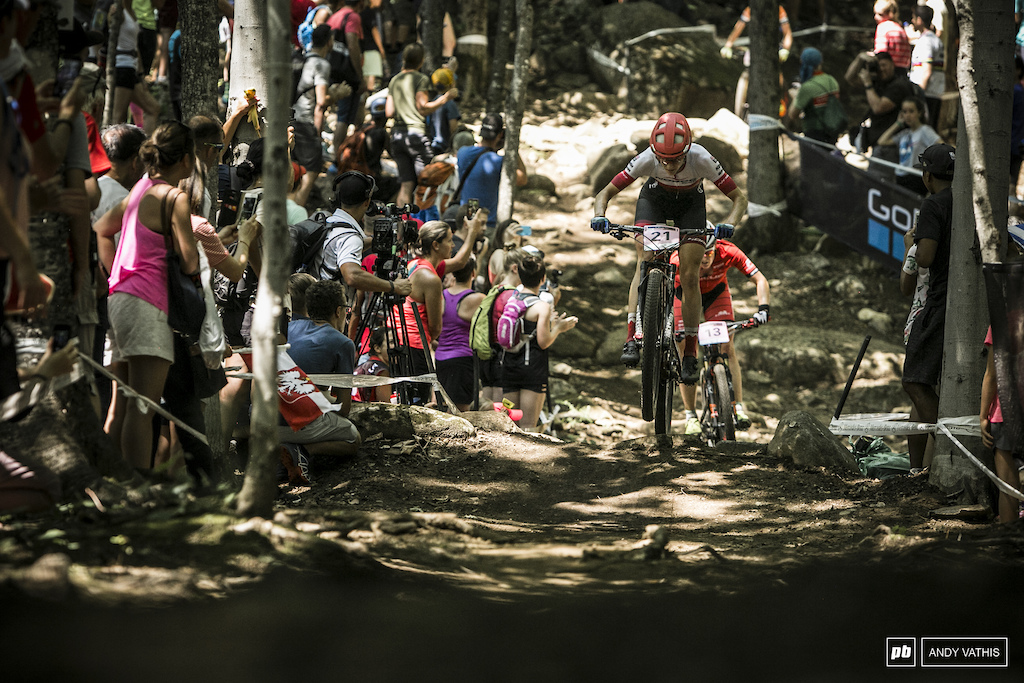
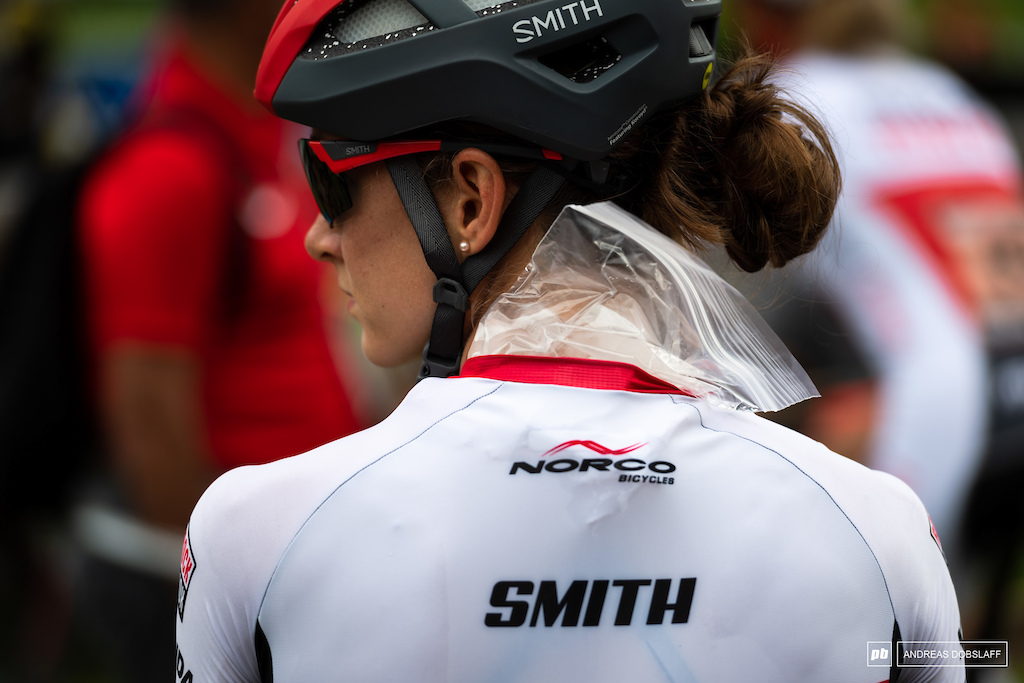

One thing, when the latest edit of a rider shredding in the forest, or hitting some massive jump line with ridiculous style gets posted on here, there's 10,000 comments and discussion - but here there are 4. Shows we got a ways to go!
Funny how this comes out pretty much at the same time as Emily Batty's new video. The subject might not be related but it exposes what kind of pressure is put on athlete from the "fans". We only see the hour and half competitions part of there life + some stuff that they decide to show on the social networks and we feel entitle to judge why they had a good or bad performance. We write comments directly to them or indirectly to them, telling them how to live their life but we have no clue of what is really happening when the cameras are closed. Hopefully this will open some eyes and allow people to think before posting. Spread the love!
The best thing I've done for my anxiety in terms of riding is to ride with people who ride with joy. When they infect you, it helps a great deal. Having raced for decades the joy was gone.
I think this type of content should be explored more, so kudos to PB as well. So many of us have many unexpected reasons to ride - and I'm guessing quite a few are like me. My brain needs time on and with the bikes, and I have a few buddies who also ride & wrench because Life, the Universe and Everything. Keeps me sane. Or sane-ish anyway.